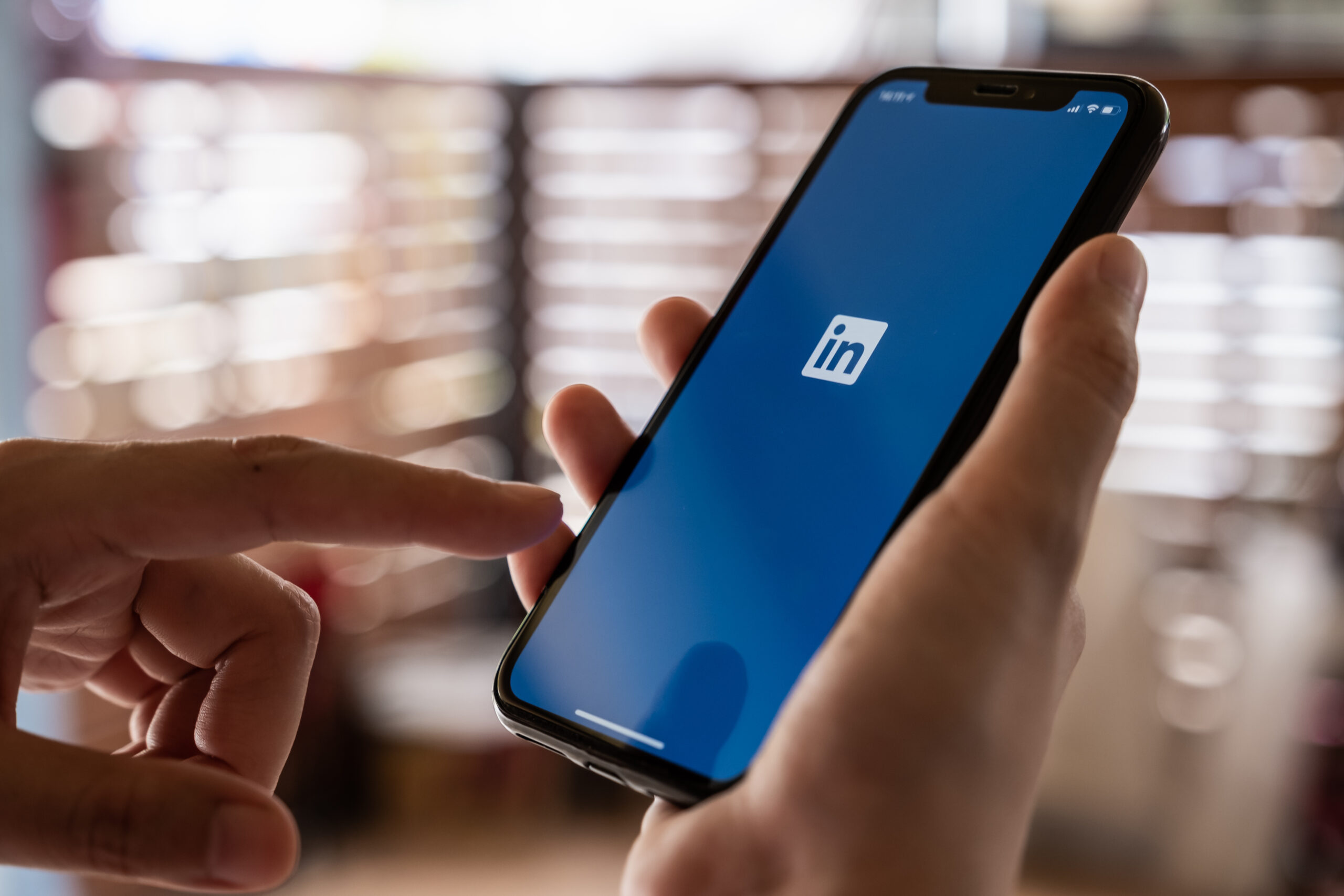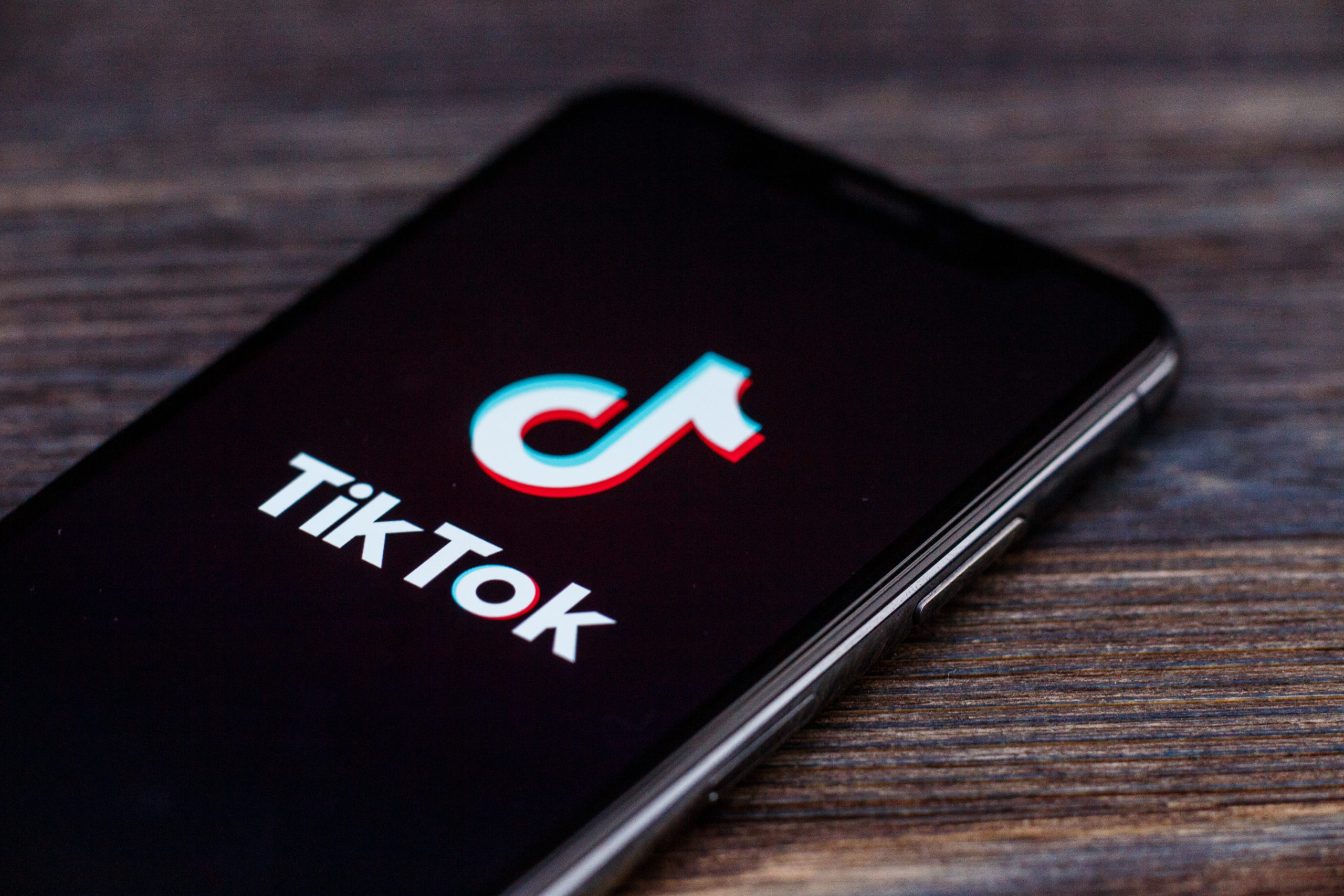
Optimizing Social Media for Law Firms: What Content to Post on Each Platform
In the bustling online ecosystem, social media stands not just as a platform for connectivity, but also as a powerful tool for law firms. By understanding the nuances of different social media networks and tailoring content to resonate with the legal audience, law firms can not only bolster their online presence but also engage in strategic brand building and thought leadership. Here, we unravel the best practices for optimizing your social media content to ensure your law firm’s digital footprint reflects the stature of your legal expertise.
Setting the Stage: The Importance of Social Media for Law Firms
For law firms, social media plays a pivotal role in not only disseminating legal knowledge but also in humanizing the legal process. It offers a unique opportunity to engage with clients, share insights, and establish a credible online brand that extends beyond courtrooms and text-heavy documents. With more law professionals recognizing the value of a robust social media strategy, it’s evident that the platform is ripe for law firms looking to make an impact.
Understanding the Audience
Demographics of legal professionals on social media vary greatly, with each platform serving a distinct audience and purpose. LinkedIn, for instance, focuses on a professional network, while platforms like Instagram and Facebook cater to a broader spectrum of users. For law firms, the crux lies in tailoring content that not only remains legally apt but also appeals to the sensibilities of their specific demographic, which is primarily professional and career-centric.
Types of Content for Law Firms on Social Media Platforms
Crafting content for different platforms is an art that demands an intricate understanding of what resonates with each audience. Below, we detail the most effective content types for several social media platforms and how they can be tailored to showcase the best of your law firm’s identity.
Twitter/X
Twitter/X encapsulates the speed and brevity of the online conversation. For law firms, maintaining a frequent and concise dialogue is key. Engaging tweets that offer quick legal tips, insights into current legal debates, or links to longer-form articles are effective. The immediacy of this platform allows law firms to establish themselves as current and well-informed entities within the legal landscape. Single image posts and infographics work exceptionally well on Twitter/X, providing a bite-sized yet informative gateway to more complex legal discussions. Videos should be short and to the point, ideally under 2 minutes, to maintain the platform’s fast-paced nature. Live tweets during significant legal events or discussions can also increase engagement.
Threads
Threads, a social networking platform by Meta, provides an excellent opportunity for law firms to drive engagement and build a robust community around their brand. Some of the best content types to consider include thought-provoking discussions on legal topics, practical advice, and insights relevant to your audience. Series of connected threads can help break down complex concepts, while curated lists of legal resources can further demonstrate your expertise. Personal reflections, sneak peeks into new services, behind-the-scenes content, and even light-hearted humor can establish connections with your followers. Remember, showcasing success stories builds credibility while engaging challenges encourages audience participation. Maximizing your brand’s visibility on Threads involves staying active, joining conversations, and actively responding to others’ content.
LinkedIn
LinkedIn is the oasis for professional networking and career advancement. Law firms should concentrate on sharing substantial content, such as case studies, legal articles, and noteworthy news. LinkedIn’s value as a networking tool for lawyers goes beyond just sharing content. It provides an unparalleled platform for building professional relationships, fostering community discussions, and highlighting individual attorneys’ accomplishments and expertise. Long-form articles and detailed case studies showcasing a firm’s success or insights into legal trends are highly effective on LinkedIn. Professional headshots and images related to the content can increase engagement. Videos, including interviews with legal experts or panel discussions, should be polished and informative, reflecting the platform’s professional environment.
Visual storytelling takes the lead on Instagram, providing law firms with the ideal canvas to showcase the human side of the law. Behind-the-scenes glimpses, office culture, community involvement, and custom-designed graphics that highlight legal quotes or stats can all find traction on this platform. High-quality, visually appealing images and short video stories that offer a peek into the work-life at a law firm or explain legal concepts in a simplified manner are effective. Carousel posts can be used to break down complex legal information into more digestible chunks. IGTV presents an opportunity for longer form content, such as interviews or more detailed discussions.
Facebook
Facebook, with its robust community features, lends itself well to law firms aiming to build a comprehensive online presence. Tailored for community engagement, Facebook is perfect for event promotion, hosting webinars, sharing relevant news, and fostering a dialogue on legal topics. Mixed media content, including image albums from firm events, short educational videos, and live Q&A sessions, foster community engagement on Facebook. Carousel ads can also be used to highlight multiple aspects of a law firm’s services or recent accomplishments. Polls and surveys are useful tools for interactive content that engages the audience directly.
YouTube
Educational video content is a goldmine for law firms on YouTube, attracting both clients and industry peers. In-depth educational content, ranging from webinars to detailed explainer videos on legal topics, thrives on YouTube. Client testimonials and story-driven content highlighting case studies or significant firm milestones can also be impactful. The use of high-quality production values will help convey professionalism and authority in the legal field.
TikTok
TikTok has rapidly emerged as a formidable platform for reaching a younger, more dynamic audience. Law firms can leverage TikTok by creating short, engaging videos that simplify complex legal topics, share quick legal advice, or provide snapshots of day-to-day law firm life. Participating in trending challenges or using popular music overlays with legal-themed content can increase visibility. These videos can be tailored to demystify the law for the general public, making legal advice more accessible and relatable. Creative use of trending hashtags, challenges, and TikTok’s unique features like duets and stitches can also significantly increase visibility. Importantly, TikTok offers a tremendous opportunity for law firms to showcase their personality and foster a sense of trust and approachability among potential clients.
Conclusion
A successful social media strategy for law firms hinges on understanding the intricacies of each platform and the audience it serves. By providing value through engaging, informative, and share-worthy content, law firms can position themselves as the go-to source for all things legal on the digital landscape.
Encouraging diversity and adaptability across different social channels not only amplifies reach but also allows for a nuanced portrayal of the multifaceted world of law. In this age of digital dominance, crafting a compelling social media narrative is not just a luxury but a necessity for law firms looking to thrive in the competitive legal arena. Contact us today to get started building your firm’s social media strategy.
Are you ready to get started generating new, qualified leads?
Contact us to get started and let us help you energize your digital marketing and business development efforts.
Contact Us




